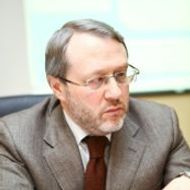HSE University and Sber Conduct Foresight in Artificial Intelligence
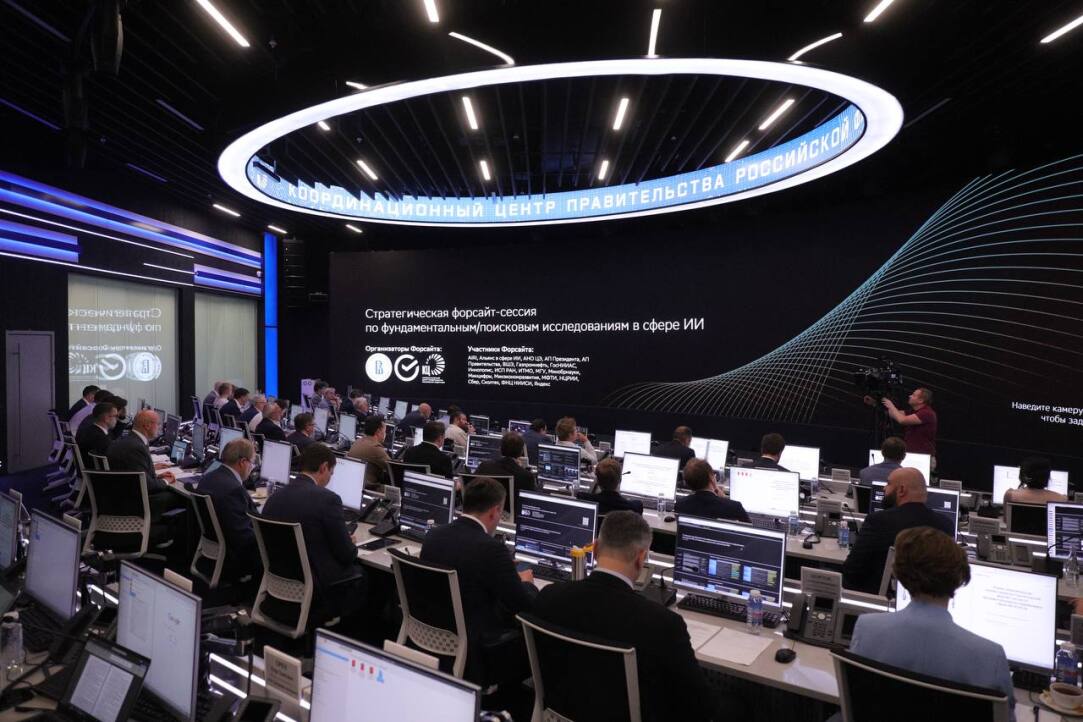
HSE University, in collaboration with Sber, have conducted a foresight study on artificial intelligence (AI). Its early results were discussed by the participants of a strategic foresight session on exploratory research in AI, held at the Coordination Centre of the Russian Government, headed by Deputy Prime Minister Dmitry Chernyshenko. The results from the foresight study will inform the Unified Research and Development Programme in the Field of AI.
Foresight refers to large-scale studies designed to identify promising areas for the development of science and technology that can impact the economy and society in the medium and long term. Foresight focuses not only on evaluating potential scenarios for science and technology development but also on selecting the preferable ones by involving key stakeholders and leading scientists from various scientific schools to build a coordinated position. Expert assessments (qualitative methods) form the basis for evaluating future options, while quantitative methods and big data analysis are also among the foresight techniques. AI foresight is a type of industry-level foresight. In addition, the HSE Institute for Statistical Studies and Economics of Knowledge (ISSEK) conducts foresight studies at the national, international, and corporate levels.
Work on AI foresight started in February 2024, almost simultaneously with the approval of the updated National AI Development Strategy for the period until 2030. More than 50 of the most esteemed experts in the field, representing business and government, participated in the study. Addressing the Coordination Centre's session, Mikhail Skvirsky, Managing Director at Sberbank PJSC, and Leonid Gokhberg, First Vice Rector and Director of ISSEK at HSE University, shared the objectives and progress of the foresight study.
HSE University was tasked with providing the foresight methodology. The study design was determined, in particular, based on key features of the AI field, such as its high dynamism and rapid implementation of scientific results into new products and services, Professor Gokhberg explained.
The task of identifying promising research areas in the field of AI was accomplished within an extremely short timeframe, spanning from February to May. During this period, the foresight organisers conducted an analysis of global trends and markets, scientific frontiers, and growth points, and also a series of surveys, expert interviews, and foresight sessions which involved leading Russian researchers in the field of AI.
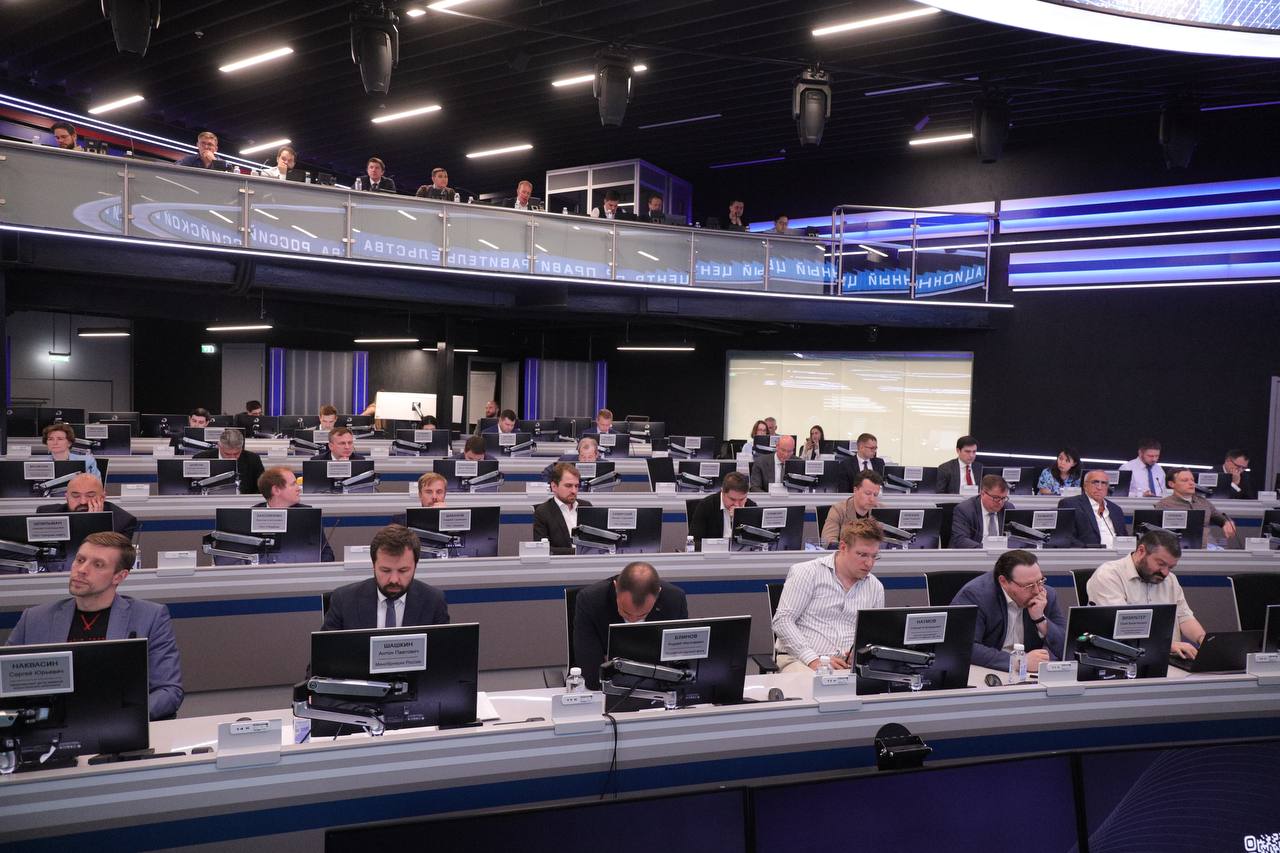
The foresight analysis resulted in a three-level classification describing exploratory research in the field of AI. This classification includes ten key areas (such as fundamental and generative models, machine learning architectures and algorithms, security, trust, and explainability of AI), along with 37 subareas and 127 research tasks.
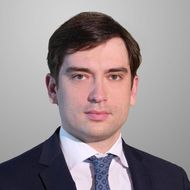
Maxim Kolesnikov
The results from the foresight analysis will form the foundation of the Unified Research and Development Programme in the Field of AI, according to Deputy Minister of Economic Development of the Russian Federation Maxim Kolesnikov. Additionally, it was decided to recommend the Russian Academy of Sciences (represented at the session by its President Gennady Krasnikov) to use the obtained results, starting from 2025, in the selection of exploratory research and examination of incoming research applications.
Maxim Kolesnikov also highlighted that support for flagship research centres in the field of AI, selected within the framework of the first wave, will end in 2024, and to ensure seamless financing of research in this area, new centres (of the third wave) will soon be selected. He emphasised that this would indeed entail 'a new selection, rather than an automatic extension of support for existing centres.'
The primary parameters of the new selection include conducting basic research on priority topics aligned with the results of foresight, implementing applied research commissioned by industry partners, and facilitating the training of scientific specialists.
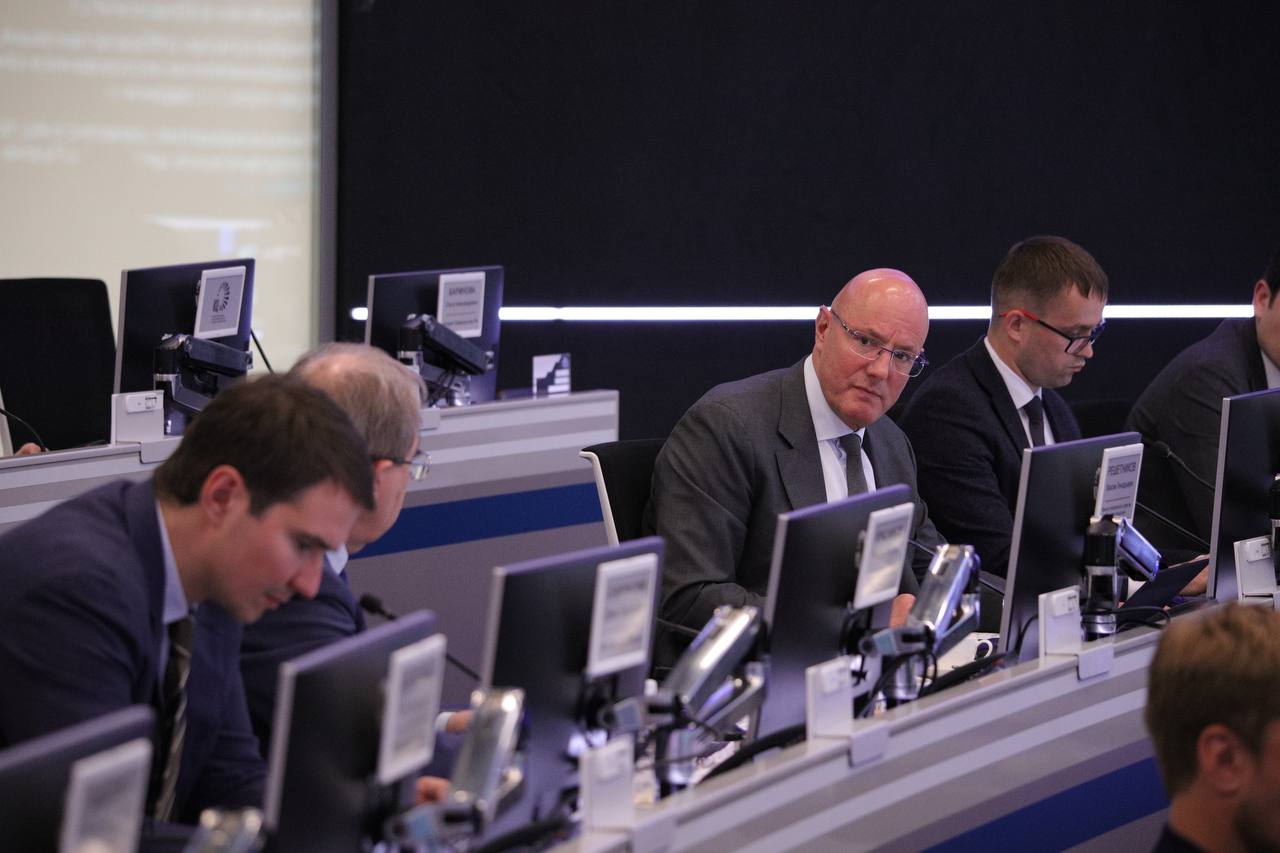
Dmitry Chernyshenko
'Artificial intelligence has become the driving force behind industries aimed to ensure the development of the supply-side economy. Simultaneously, with the emergence of large language models, our focus is increasingly on supporting basic science. Specifically, we have established AI research centres and have started using them to train scientists who will specialise in adapting generative AI to meet the requirements from various industries. This collaboration will enable us to attain technological leadership while enhancing the quality of people's lives, generating new employment opportunities, and bolstering the competitiveness of the economy.'

